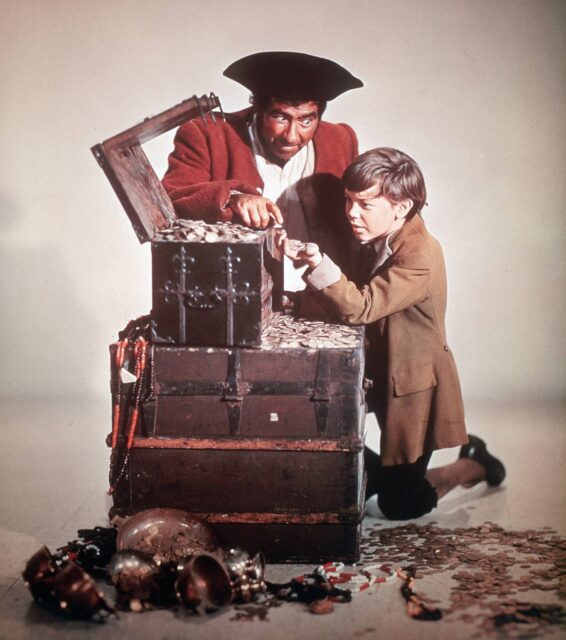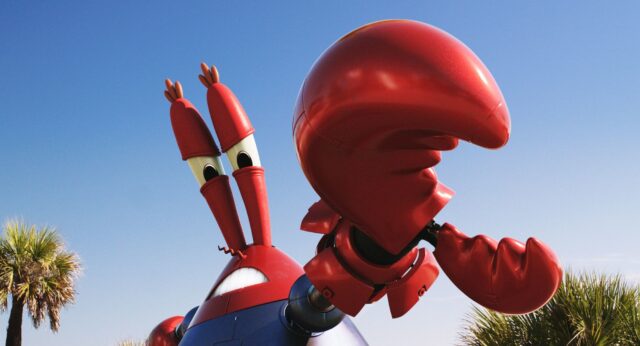There are some things that are commonly associated with pirates: flying the Jolly Roger flag, walking the plank, and saying “shiver me timbers.” We know that some of the stereotypes about pirates are true, but what about the classic phrase? Discover when the saying “shiver me timbers” first came into use, what caused it to become popular, and whether or not the big bad fighters of the ocean really walked about shouting it.
The first use of the word
The phrase “shiver me timbers” actually originated as something else: “shiver my timbers.” The first recorded use was in a weekly newspaper publication of a series called “Tomahawk, or Censor General.” It was used to convey surprise or amazement.

Although it was documented in print in the late 1700s, it wasn’t used in any formally published work until 1834. In Frederick Marryat’s Jacob Faithful a character said, “I won’t thrash you Tom. Shiver me timbers if I do.” There were many other newspaper publications in the following years that used the word, showing that it was a common part of public language, but was it really part of pirate language?
Popularizing the phrase
Although it’s not entirely clear, it does appear that the term derived from actual nautical lingo used during the 18th century. Supposedly the phrase “my timbers,” or just the word “timbers,” was said to be an exclamation similar to that of “my goodness,” or “oh my goodness.” Depending on who you ask, there are different interpretations of the phrase and alternate reasons why it might have been used in this way by sailors and pirates of old.

One interpretation is that it was like expressing that your legs were shaking. In this case, “timbers” must be interpreted as slang for legs or wooden legs. The Oxford Dictionary, on the other hand, says that “shiver” means to break into small fragments, and “timbers” were the old wooden frames of sailing ships. Put together, the phrase can be interpreted as alluding to the feeling, or shock, of something hitting a ship.
‘Shiver me timbers’
This certainly sounds like an appropriate thing for pirates to say, especially since they would have been well-versed in the experience of battles at sea. However, there is no hard evidence to prove that they actually said “shiver me timbers,” although there is no evidence that they didn’t, either. It seems just as likely that they used it as the general public.

Many examples from literature and pop culture have conflated the use of the phrase with pirates over the years. The most famous usage came from Long John Silver in Robert Louis Stevenson’s Treasure Island, published as a novel in 1883. Long John Silver said “shiver my timbers” a total of seven times throughout the book, and even came up with some creative variations as well. In later years, when the English language was modernized, “me” was typically used instead of “my,” by characters like Popeye the Sailor Man and the cartoon Mr. Krabs from Spongebob Squarepants.
More from us: The ‘Ducking Stool’ Was the Ultimate Tool of Humiliation
Characters like these have helped ingrain “shiver me timbers” in the public imagination, and it’s certainly fun to think of pirates saying it as well.
